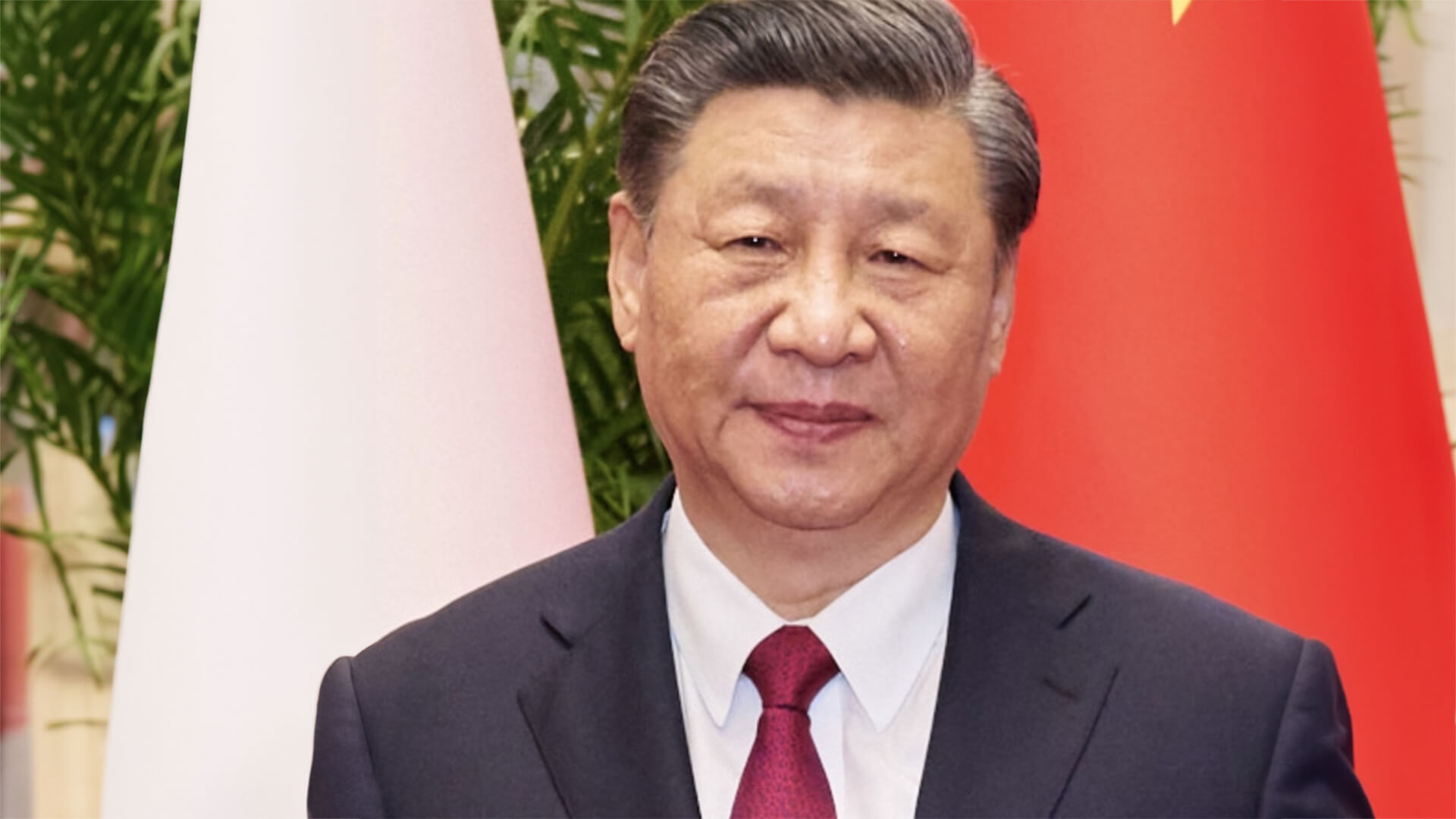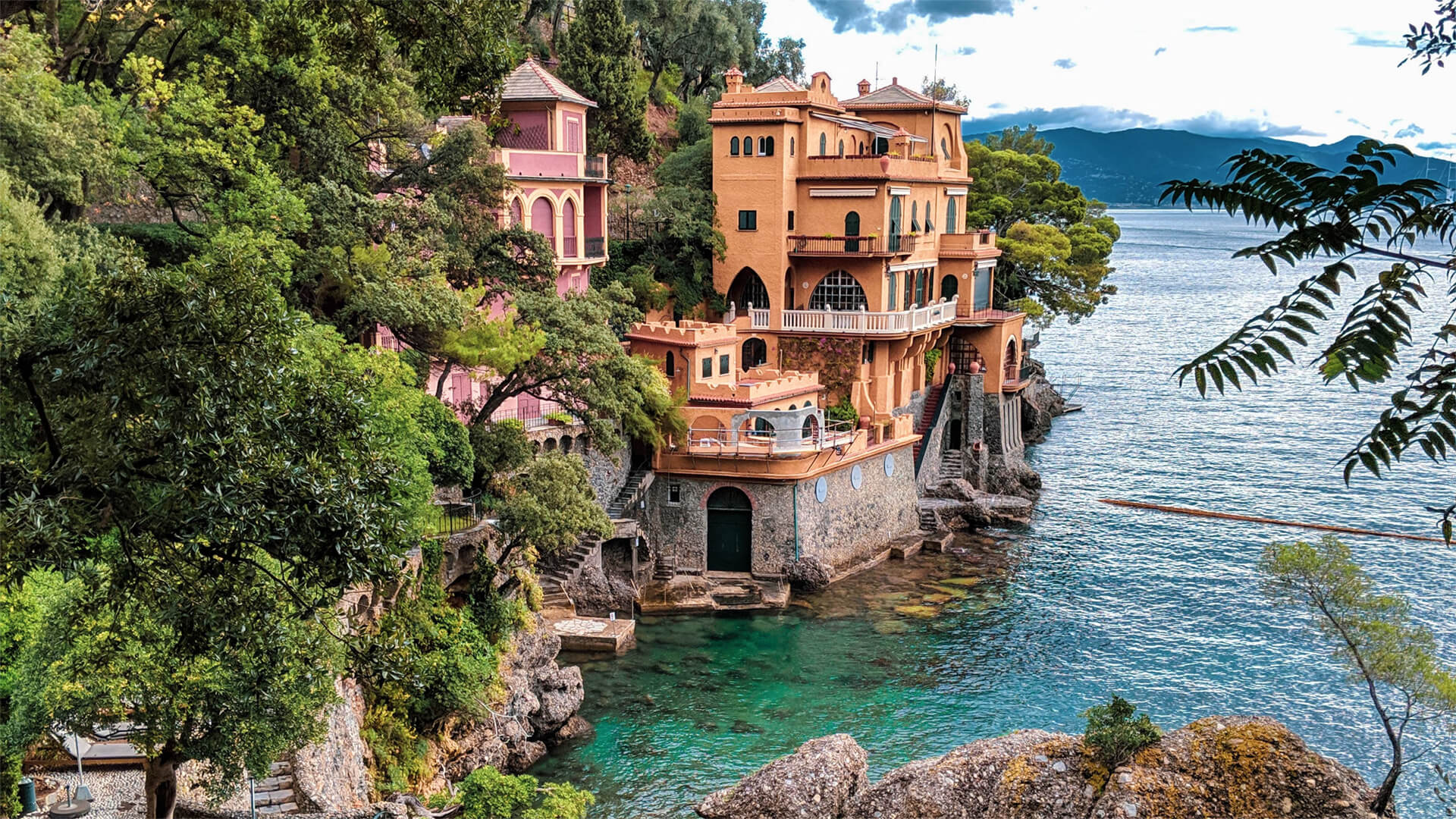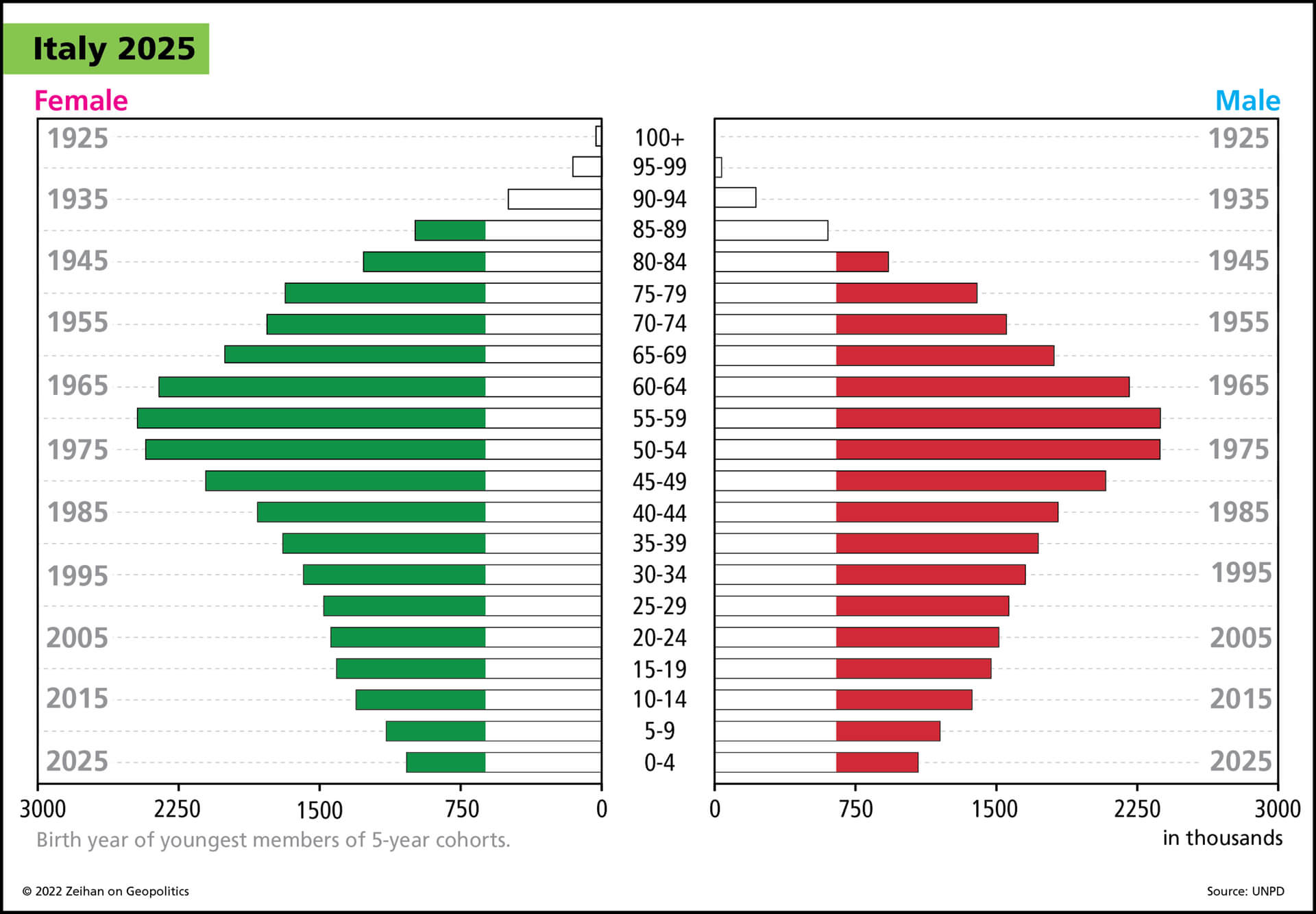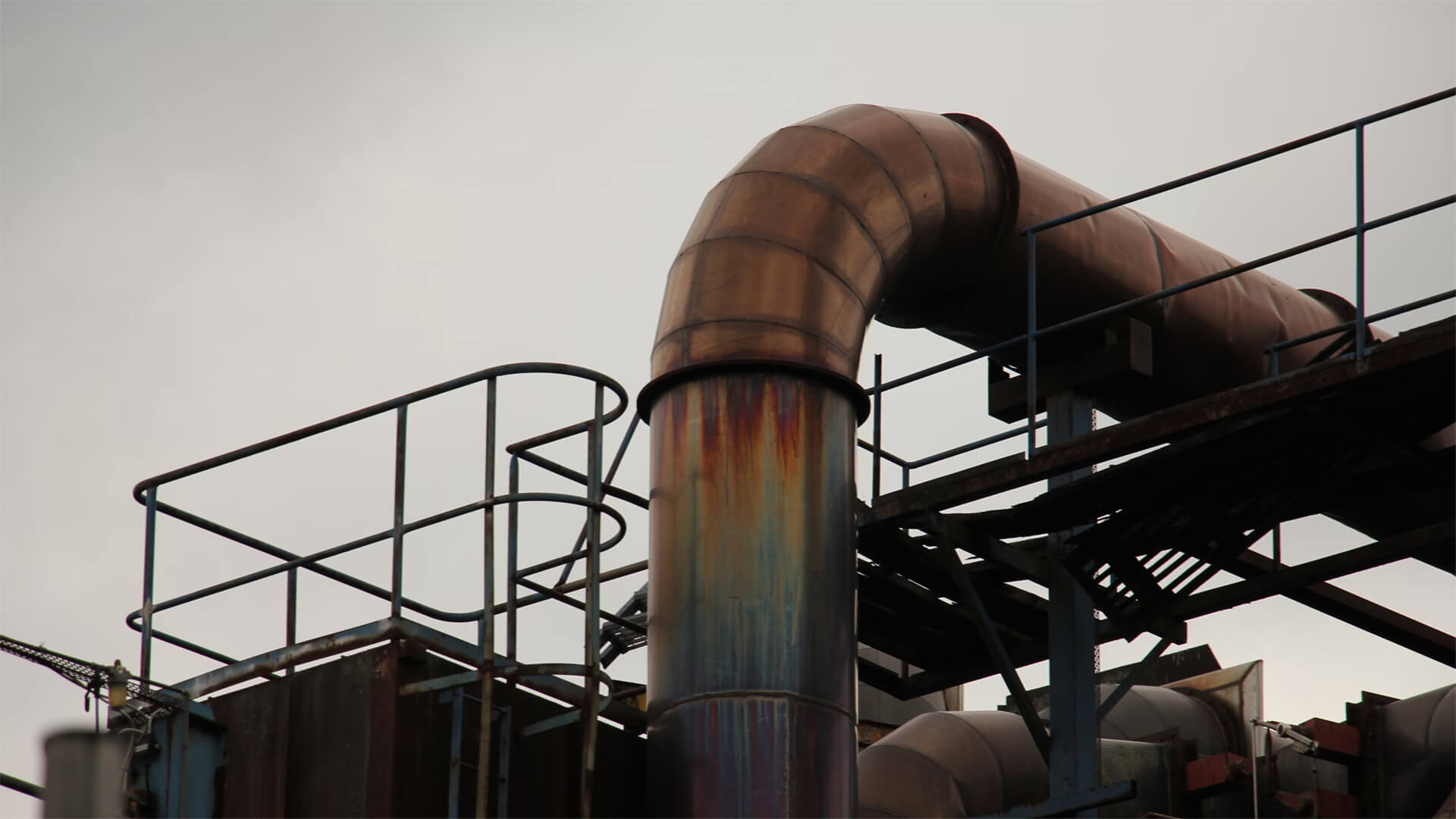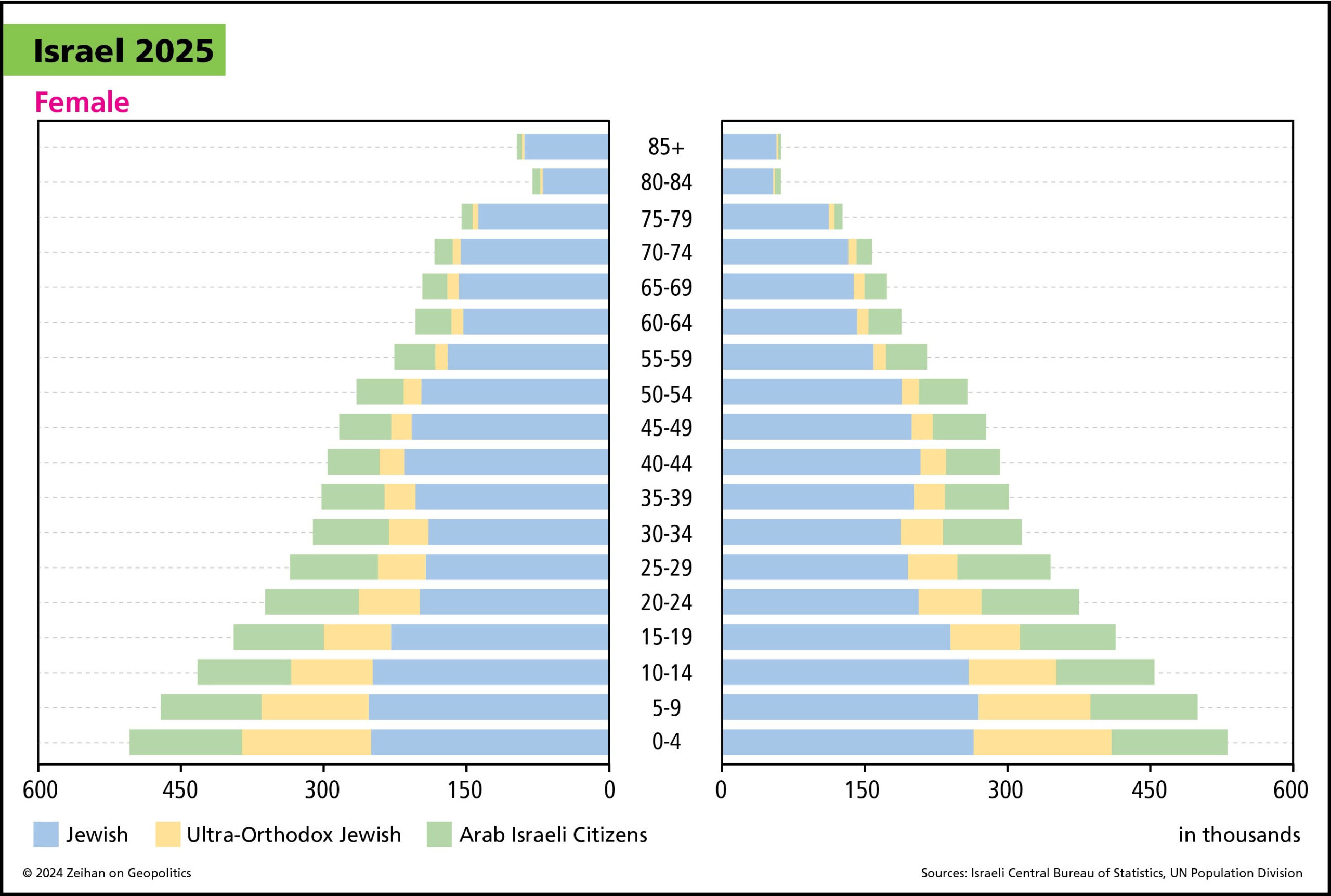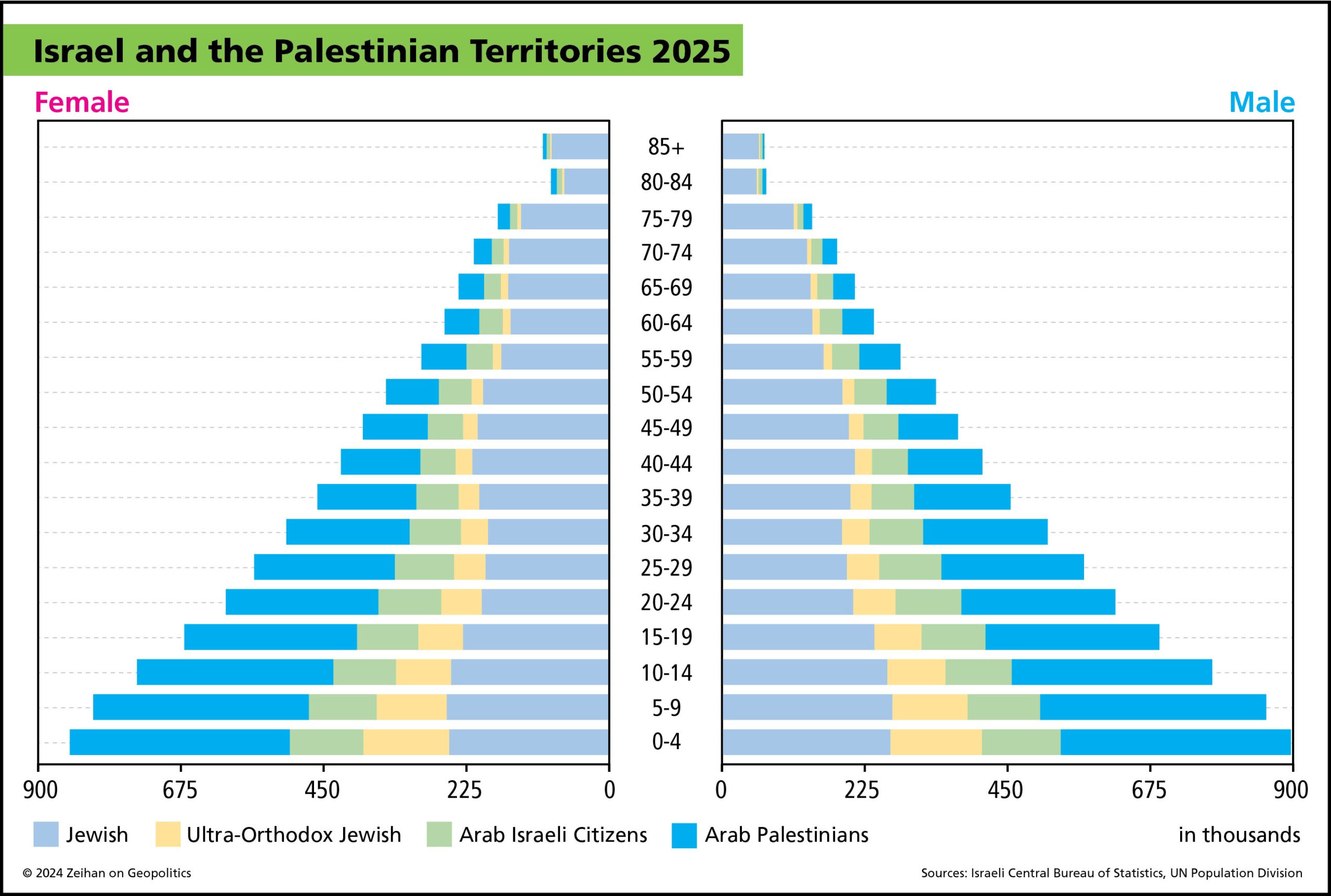On Saturday, July 13, there was an attempted assassination of Donald Trump. I’m not here to give you the play-by-play that you can get from the news, instead I want to put this incident into context of the broader political and economic shifts.
America is experiencing a political realignment where party coalitions are breaking up and new factions are emerging. Trump, who has sparked some of these shifts, has both benefited from and lost supporters because of this. I’ve talked extensively about the economic shifts happening, but the global order is collapsing and most economies will be in a flux for a while.
With all this change, you can expect increased political and economic volatility, both domestically and internationally. You can parallel the present day shifts to times like the 1930s or Reconstruction in the US. While these changes might ultimately benefit the US, the transitionary period will be no snoozer…as evidenced by the events on July 13.
Here at Zeihan On Geopolitics we select a single charity to sponsor. We have two criteria:
First, we look across the world and use our skill sets to identify where the needs are most acute. Second, we look for an institution with preexisting networks for both materials gathering and aid distribution. That way we know every cent of our donation is not simply going directly to where help is needed most, but our donations serve as a force multiplier for a system already in existence. Then we give what we can.
Today, our chosen charity is a group called Medshare, which provides emergency medical services to communities in need, with a very heavy emphasis on locations facing acute crises. Medshare operates right in the thick of it. Until future notice, every cent we earn from every book we sell in every format through every retailer is going to Medshare’s Ukraine fund.
And then there’s you.
Our newsletters and videologues are not only free, they will always be free. We also will never share your contact information with anyone. All we ask is that if you find one of our releases in any way useful, that you make a donation to Medshare. Over one third of Ukraine’s pre-war population has either been forced from their homes, kidnapped and shipped to Russia, or is trying to survive in occupied lands. This is our way to help who we can. Please, join us.
Transcript
Hey everybody, Peter Zeihan coming to you from the Lake of the Ozarks. It is the 14th of July, and last night Donald Trump was lightly injured in an assassination attempt. I’m not going to give you a blow-by-blow of what went down because the details are still very sketchy. It looks like it was a 20-year-old registered Republican who donated money to Democrats, which tells us absolutely nothing.
The Secret Service, of course, will be doing their own investigation in league with local law enforcement and the FBI. We will wait for more details to see where that takes us. But I wanted to put this all into context. There are a lot of things going on in the world right now that suggest we’re going to be in a more politically volatile period.
The first big thing is that America is going through its once-in-every-generation political rearrangement, something that Trump is part of. The Americans have a first-past-the-post, single-member district political system, which means that you vote for a single person who will then represent a very specific geography. You don’t vote for a party. In doing this, American parties tend to be fairly weak, and so they tend to be coalitions of coalitions. You get multiple political factions banding together around a single tent in order to get one more vote than whoever comes in second.
Today, for example, the Republican Party has traditionally been made up of people who are concerned with budget deficits, national security, business regulation, and social conservatives. As technology, demographics, and economic patterns evolve, the factions make less sense. The factions rise and fall within the coalitions, and if things get stressed enough, they end up falling out of the coalition altogether, maybe becoming swing voters or maybe going to the other side. What we’re seeing right now is that in spades for the Republican coalition. The business community, the national security community, and the fiscal community have all been basically ejected from the party, but Donald Trump has been successful in drawing other groups away from the Democratic coalition.
For example, union voters are no longer considered Democrats by their voting patterns, and Hispanics have shifted quite a bit. This is still very much a work in progress. Donald Trump is benefiting from this as much as he is losing from this. But if you think about what’s happened in the last 30 or 40 years, we’ve had the rise of hyper-globalization and now its fall. We’ve had the height of the baby boomers in the workforce and now their retirement. It’s not exactly a shock to think that we are going to manage our political system differently.
So that’s the first big piece: America politically is in movement. Second, the world economically is in movement. The whole point of the post-World War II global consensus was that the Americans would take care of the guns and keep everyone safe. The Americans would open the market and make the global sea safe for everyone’s commerce if, in exchange, you sided with the Americans in the Cold War. That provided the basis for everything from the alliance with Taiwan, Korea, and Japan to NATO. That’s created the world that we know. It’s also created the economic backdrop and the security backdrop that made the rise of China possible, because during the late Cold War, China was one of those allies.
Well, that whole system is breaking down. Two reasons: number one, the Americans can’t pay for it anymore and don’t want to. The Americans have refashioned their navy, so instead of hundreds of ships that can patrol the oceans, they have a few clusters of ships that are really good for fighting wars. So the ability to have that global coverage isn’t there. Americans politically are tired of paying the economic price of keeping the world open for everyone because it’s put everybody else at an advantage versus American workers. That just doesn’t fly in today’s populist era.
The second issue is that when you do economically develop, when you do industrialize, you also urbanize. After seven decades of urbanization, people are having fewer and fewer children around the world. Well, if you have fewer children for seven decades, it’s not that you’re running out of ten-year-olds and twenty-year-olds. You’re running out of fifty-year-olds and increasingly sixty-year-olds. This decade, the 2020s, was always going to be the decade that a lot of countries slipped away from having a workforce that can support the globalized system in the first place. After all, if you don’t have consumption, you don’t have trade.
So this whole system, the American political network, is evolving, and the global economic network is collapsing and reforming. What this all means is there’s a lot of change out there in the way we live, the way we work, who we service with our businesses, and where we get our goods. When things change, people with a vested interest in the system don’t always make it. People get scared, and people get angry. That is when you get violence. We’re going to get it at the state level with a series of military conflicts. The first of those is already happening in Ukraine. We’ll probably get one in China before long. In terms of political change in the United States, that’s when we get our domestic political violence.
It happened in the 1930s with the Great Depression and that political reorientation. It happened with Reconstruction, and it happened with the Civil War. So I don’t want to suggest that this is the beginning of more of the same. I’m saying that the factors that define our world are evolving, and we’re going to change with it. For the United States overall, this is a net gain in many, many ways. But going through the process of getting from where we’ve been and what we’re comfortable with to where we’re going, something that’s unknown, is unfortunately going to generate a lot of stresses along the way. We saw some of that last night.





